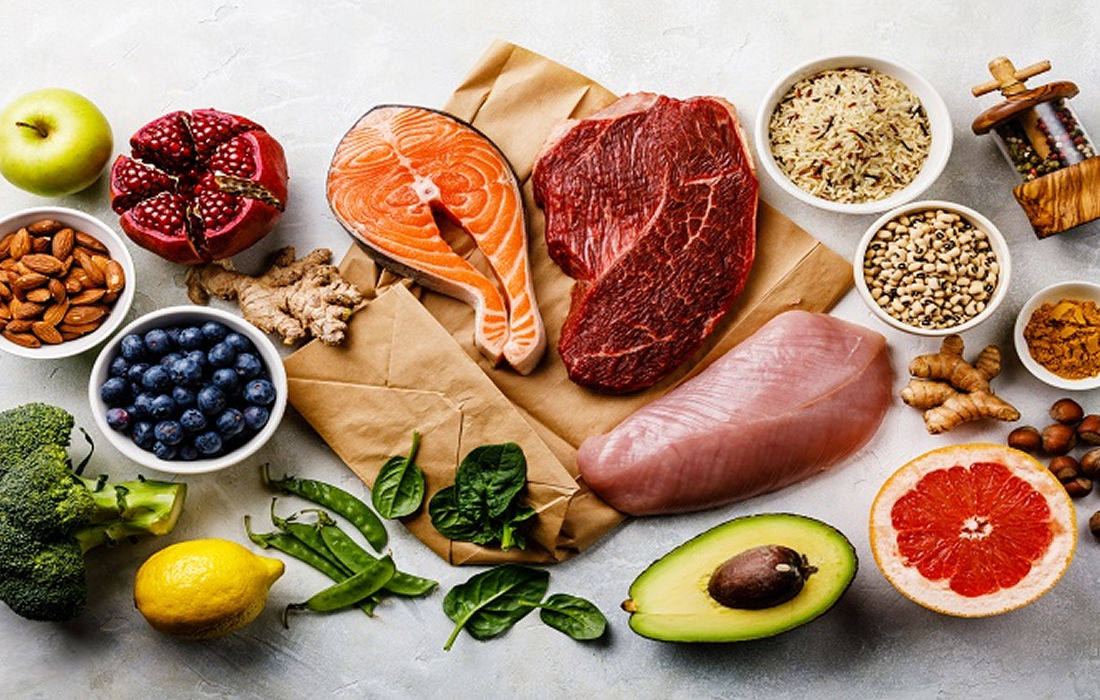Regenerative Medicine News and General Information
Microbiome Metabolism and Prostate Cancer Risk
Research has linked Western diets, which are rich in energy, red meat, high-fat dairy and processed foods, with an increased risk of advanced prostate cancer. This finding is exemplified by ecological studies demonstrating increased risk among immigrant populations that adopt Western dietary patterns following relocation.
Other large-scale studies have also demonstrated that egg, poultry and red meat consumption enhances the risk of developing advanced or lethal prostate cancer. Notably, these animal products are enriched in choline, which has been independently associated with increased prostate cancer incidence and mortality.
New Research Study
A new study, from the Cleveland Clinic that appears in Cancer Epidemiology, Biomarkers & Prevention has shown that there may be an association between diet, the gut microbiome and lethal prostate cancer.
The research team used data from the PLCO cancer screening trial, a randomized control trial of 148,000 people that involved 76,685 men aged between 55 and 74 for prostate cancer and then monitoring them for up to 13 years. They analyzed baseline levels of certain dietary nutrients and metabolites from nearly 700 men. Of these, 173 later died of prostate cancer. The median time between baseline sampling and death for those who developed lethal prostate cancer was 11.69 years.
After that they matched those who died for age, race, time of blood sample and enrolment date with controls. Of the 519 men in the control sample, 83.6% remained healthy and 16.4% had a subsequent non-lethal prostate cancer diagnosis during the study period.
Researchers analyzed the blood serum for several different metabolites, some of which are formed by gut bacteria from food intake. They compared results from men who later died of prostate cancer with controls.
Study Results and Conclusions
The researchers found associations between more aggressive prostate cancer and 3 metabolites: phenylacetylglutamine, choline and betaine. Phenylacetylglutamine is produced when gut bacteria break down phenylalanine. Choline and betaine are in some foods, as well as being formed by gut bacteria.
Phenylalanine is in high concentrations in protein foods, such as dairy, meat, poultry, soy, fish, nuts and diet sodas sweetened with aspartame. Choline is found mainly in animal products, such as meat, fish, eggs, and dairy, although pulses, nuts, and seeds are sources for vegans. Foods high in betaine include shellfish, wheat, spinach, and beets.
They found that men with higher levels of these metabolites have a greater risk of lethal prostate cancer and think that their results could be used to screen these molecules as early biomarkers of the disease. Also, by modifying diet and lifestyle, men may be able to reduce their risk by reducing these products in their diets.
Sources:
Katharine Lang (2021, Nov 4). A change in diet may reduce risk of lethal prostate cancer. Medical News Today. Retrieved from:
https://www.medicalnewstoday.com/articles/a-change-in-diet-may-reduce-risk-of-lethal-prostate-cancer
Chad A. Reichard, et al. Gut Microbiome-Dependent Metabolic Pathways and Risk of Lethal Prostate Cancer: 2 Prospective Analysis of a PLCO Cancer Screening Trial Cohort. American Association for Cancer Research. October 28, 2021; DOI: 10.1158/1055-9965.EPI-21-0766
Image from:

